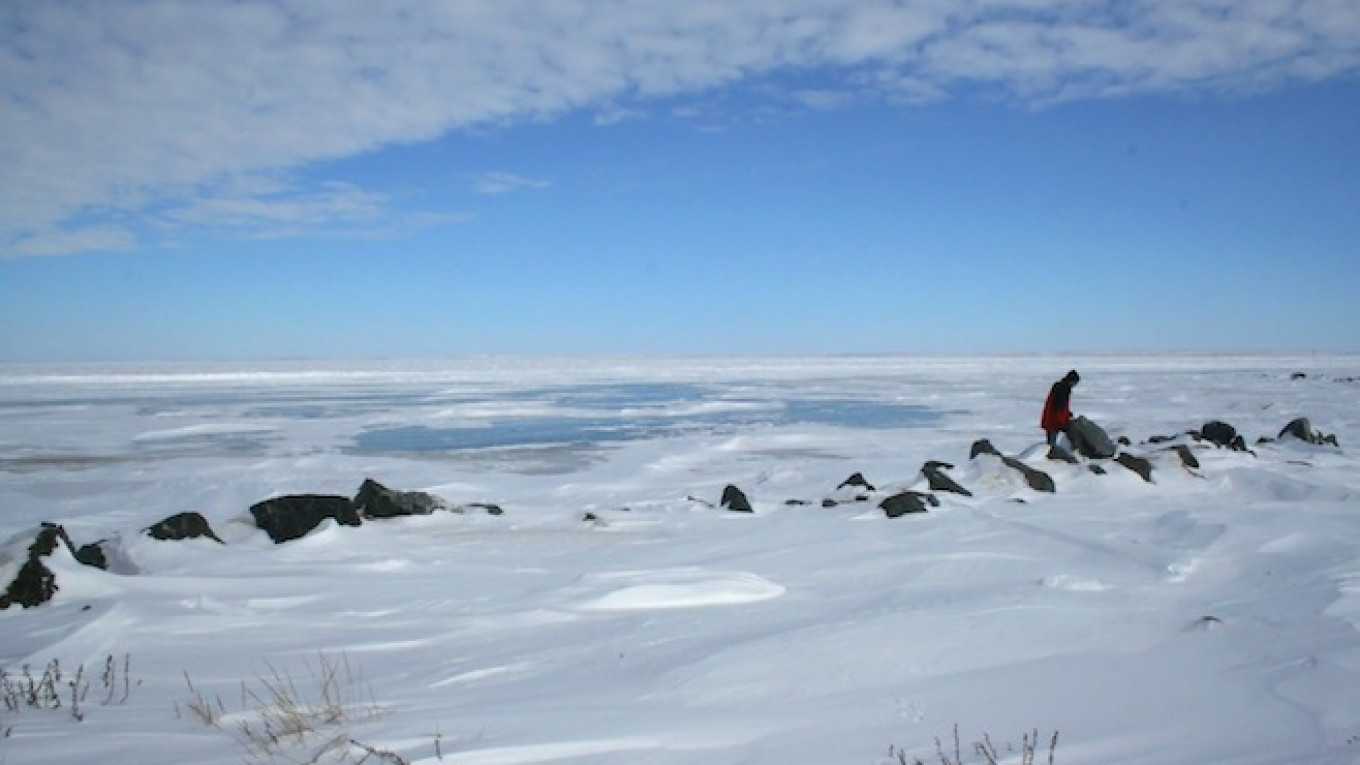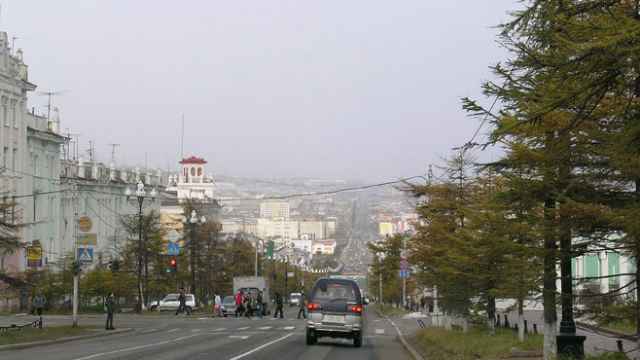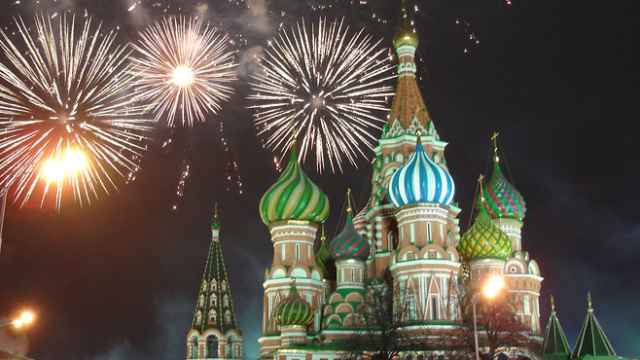People in Arctic nations want to maintain cooperation with Russia despite tensions over Ukraine and some worries about the risks of military conflict around the North Pole, an opinion poll showed Wednesday.
U.S. Secretary of State John Kerry is due to attend a meeting of the Arctic Council, grouping the eight nations with Arctic territories, in Canada on April 24-25 when Washington will take over the chairmanship from Ottawa.
"There's a huge desire for cooperation in the Arctic," despite Moscow's annexation of Ukraine's Crimea region, Sara French, senior policy analyst at the Gordon Foundation in Canada said.
The poll of 10,000 people in the eight nations was commissioned by the Munk-Gordon Arctic Security Program and Alaska's Institute of the North. It found the percentages of people in favor of suspending Arctic cooperation with Russia ranged from just 19 in Norway to 44 in Sweden.
In Russia itself, only five percent thought Moscow should withdraw, according to the survey, carried out by Canada's EKOS research associates.
It also showed that 50 percent of Russians, 58 percent of Icelanders and 51 percent of Finns believe the threat of military conflict in the Arctic had risen in the past year. But just 24 percent of Americans outside Alaska felt the threat had risen.
Cooperation with Russia has generally continued in the Arctic Council despite western sanctions on Russia. In one exception, Canadian officials did not attend some council meetings in Moscow last May in protest over events in Ukraine.
The Council promotes Arctic cooperation on issues such as the environment, search and rescue operations and helping indigenous peoples. The Arctic is opening up shipping or oil and gas exploration as climate change thaws ice.
A Message from The Moscow Times:
Dear readers,
We are facing unprecedented challenges. Russia's Prosecutor General's Office has designated The Moscow Times as an "undesirable" organization, criminalizing our work and putting our staff at risk of prosecution. This follows our earlier unjust labeling as a "foreign agent."
These actions are direct attempts to silence independent journalism in Russia. The authorities claim our work "discredits the decisions of the Russian leadership." We see things differently: we strive to provide accurate, unbiased reporting on Russia.
We, the journalists of The Moscow Times, refuse to be silenced. But to continue our work, we need your help.
Your support, no matter how small, makes a world of difference. If you can, please support us monthly starting from just $2. It's quick to set up, and every contribution makes a significant impact.
By supporting The Moscow Times, you're defending open, independent journalism in the face of repression. Thank you for standing with us.
Remind me later.






